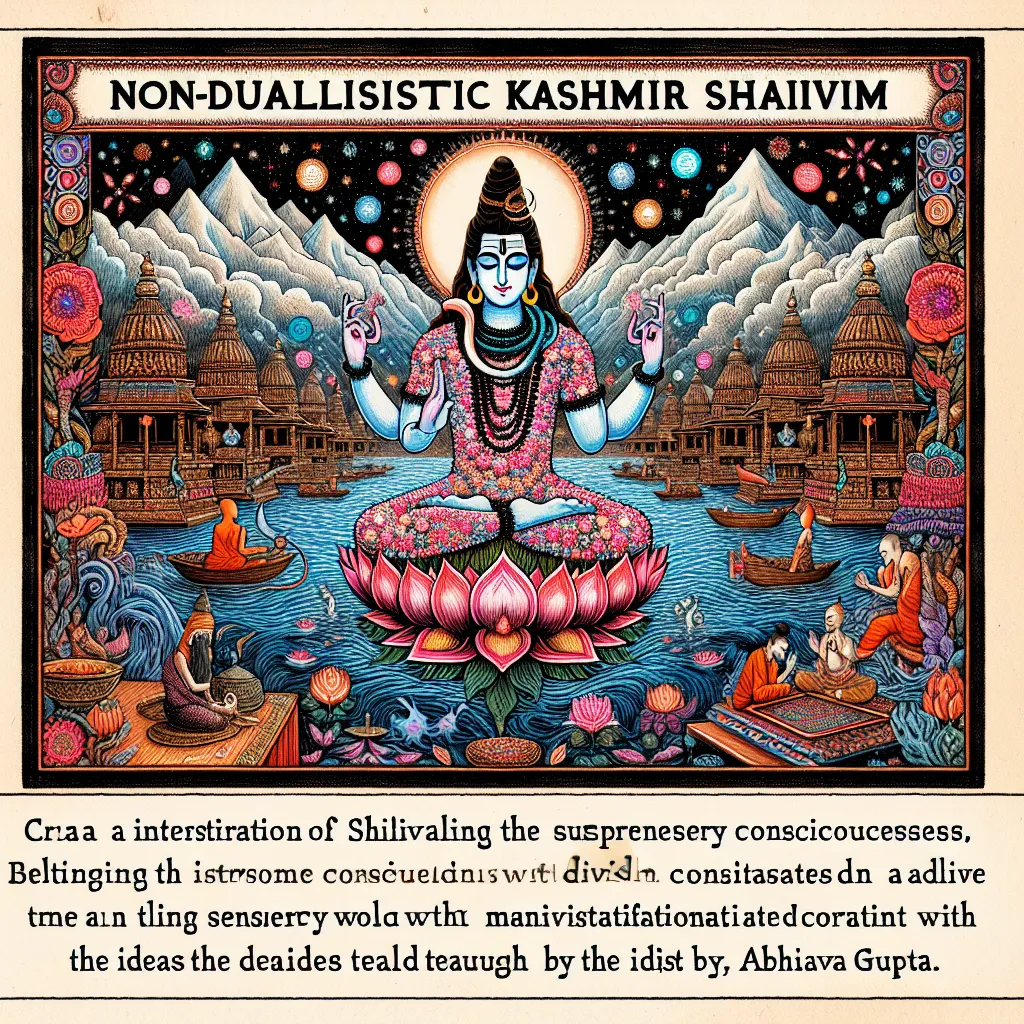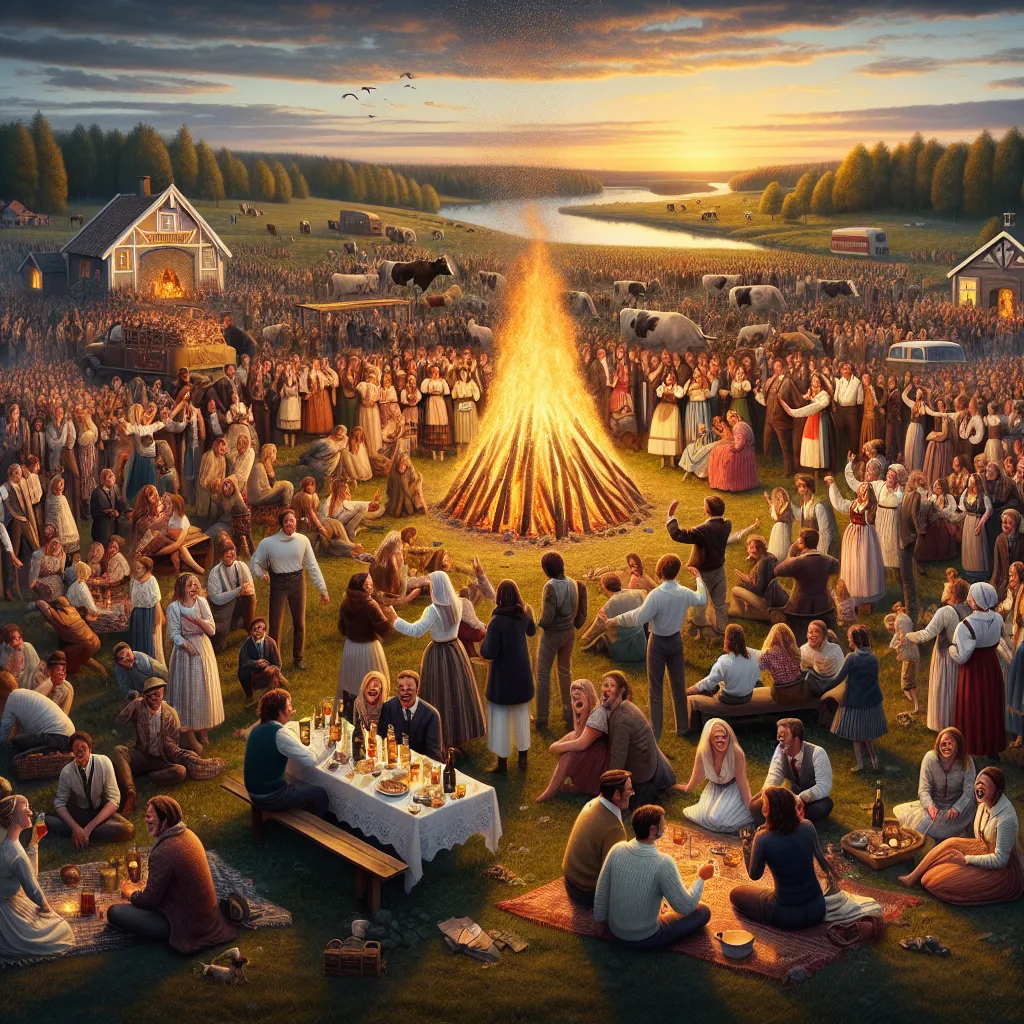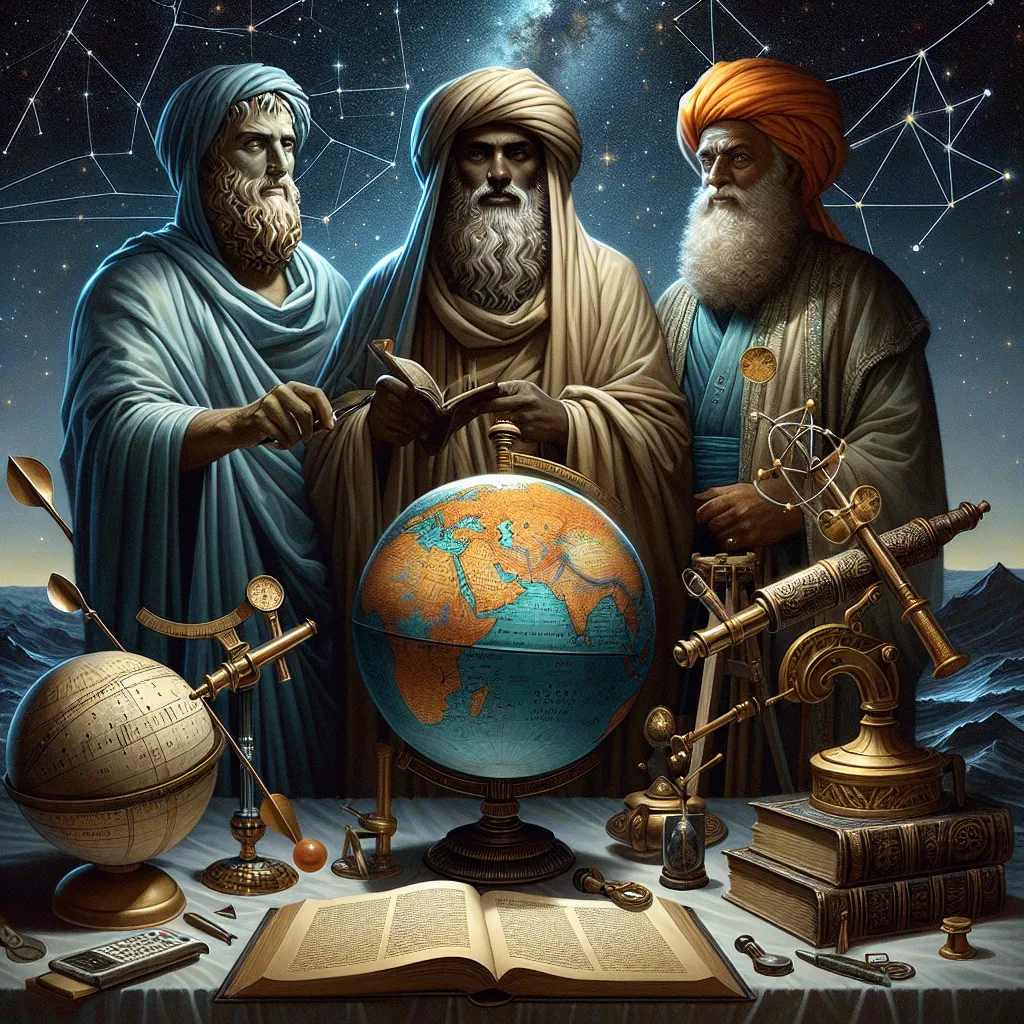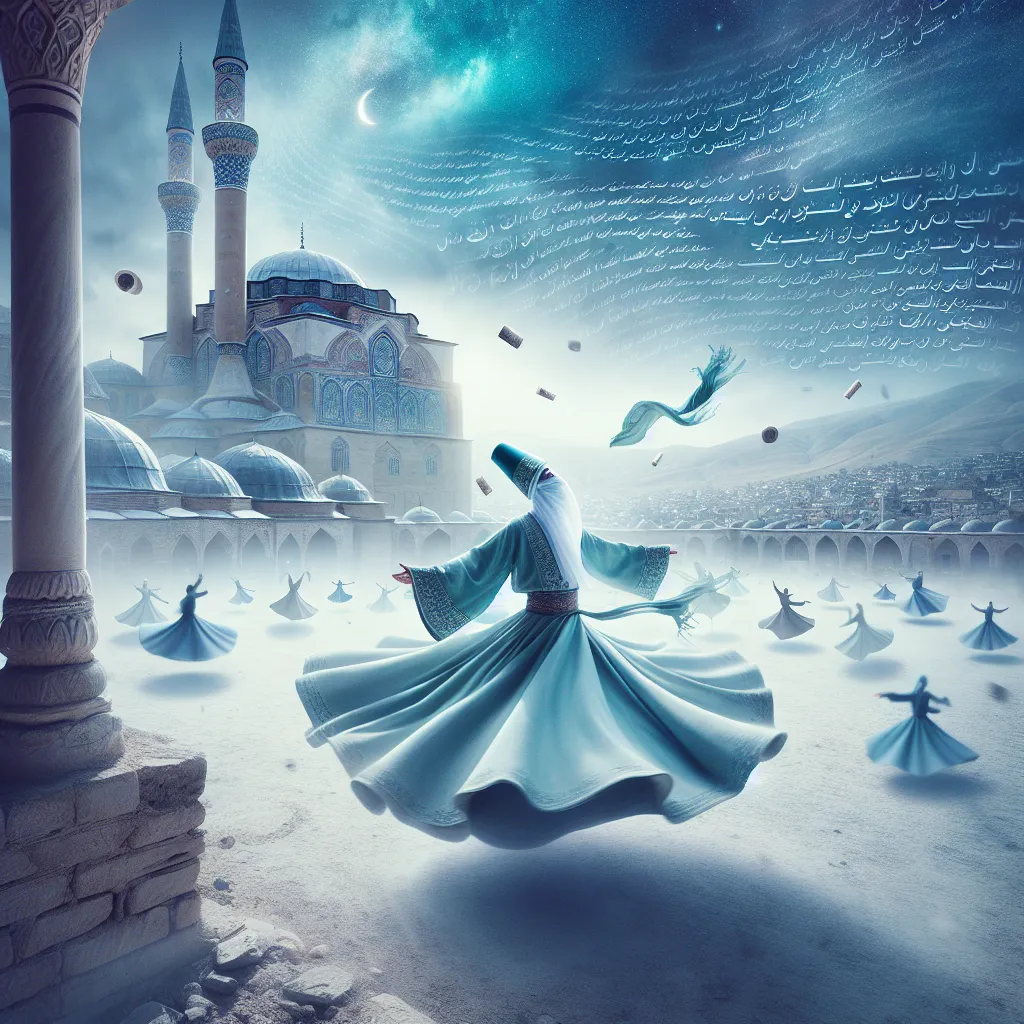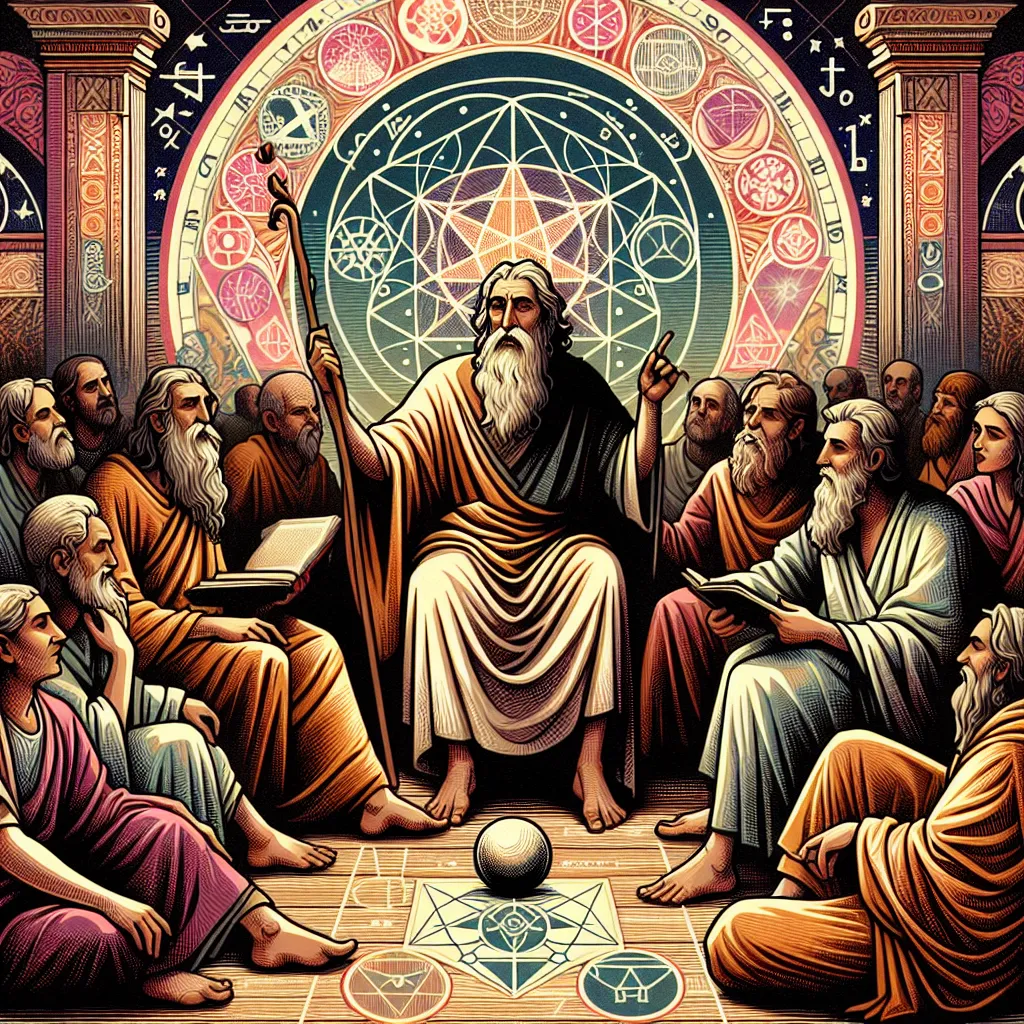When we talk about Hinduism, often the focus is on Vedic or Brahmanical traditions. These traditions stem from the Vedic texts and philosophies like Vedanta. However, Hinduism is much broader than just the Vedic traditions. There are other significant schools that fall under the Hindu umbrella, which did not primarily originate from the Vedic tradition but interact with it, like Tantra and Kashmir Shaivism.
Kashmir Shaivism is a non-dualistic school that revolves around the worship of Shiva as the ultimate reality and consciousness. Its most notable figure is Abhinava Gupta, an influential philosopher whose contributions to Indian thought are immense. Kashmir Shaivism rivals Advaita Vedanta in its non-dual approach but focuses on Shiva rather than Vishnu.
Unlike Advaita Vedanta, which sees the world as an illusion (Maya), Kashmir Shaivism believes that the world is a real manifestation of Shiva. It champions the idea that understanding the divine can be achieved through all aspects of life, including the sensory experiences and the physical world, which are seen as real manifestations of Shiva’s consciousness.
Kashmir Shaivism is inclusive of various philosophical movements that resonate with the worship of Shiva, like the Shaiva Siddhanta and Pashupata Shaivism. The tradition’s scriptures, the Agamas, form its textual foundation.
This school got a significant boost through the teachings and syntheses of Abhinava Gupta, who managed to harmonize various strands of philosophical and religious thought into a coherent system named Trika. His work spans metaphysics, tantric practices, scriptural commentaries, and aesthetics.
Shiva, in Kashmir Shaivism, is seen as both transcendent and immanent. He is the one supreme consciousness (Prakasha) that through his free will (Svatantria) and self-reflection (Vimarsha, also Shakti) manifests the universe. This dynamic union of Shiva and Shakti represents the core principle of creation.
This non-dual approach signifies that everything is Shiva, making the world and its multiplicity just as real as the oneness of Shiva. There’s an emphasis on the sensory world not as a hurdle but as a means to realize one’s unity with Shiva. Practices in this tradition are often esoteric and require initiation by a guru. Techniques include meditation, mantras, visualization, and even engaging the senses in spiritual practice.
Abhinava Gupta’s extensive writings on this philosophy provide deep insights into these practices and beliefs. His most famous works include the Tantra Loka, where he unites various tantric and Shaiva traditions into a unified system, and his commentaries on other important texts.
Kashmir Shaivism is thus a tradition that beautifully integrates the practical and philosophical, emphasizing the realization that we are all Shiva. It’s a profound system that has contributed significantly to Indian intellectual history but is still relatively lesser known in comparison to other traditions like Advaita Vedanta. If you’re intrigued by this philosophical and spiritual tradition, there’s much more to explore and learn.
